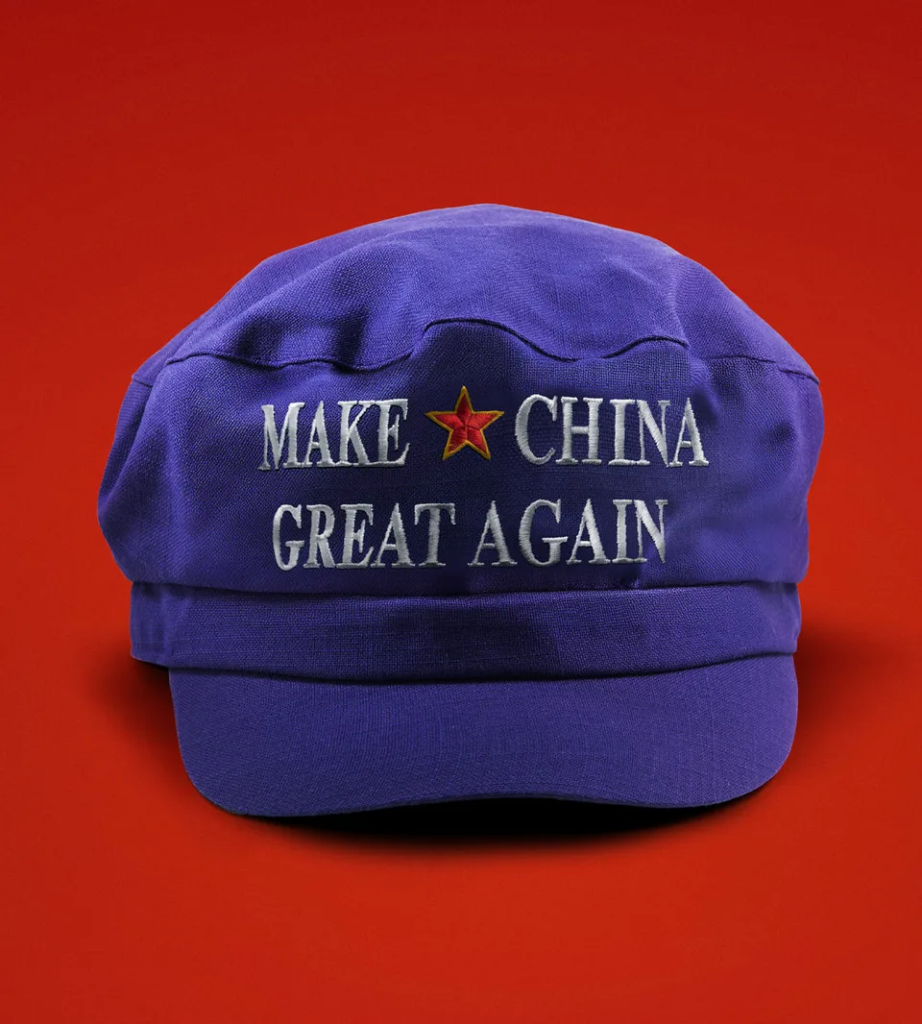As global markets reeled from a week of uncertainty, President Donald Trump needed just a few lines of reprieve—a 90-day delay on key tariffs—to send Wall Street into a frenzy of relief. But while investors rallied, those tasked with defending his economic policies were left scrambling, once again, to explain a strategy that shifts by the hour.
From within the White House, conflicting messages have emerged about the rationale behind Trump’s tariff barrage. As “Liberation Day” unfolded on April 9, revealing a mix of aggressive duties and temporary mercy, two of Trump’s top economic voices—Stephen Miran and Scott Bessent—stepped forward to justify his protectionist crusade. Instead, they revealed just how fractured the administration’s trade philosophy truly is.
Two Theories, One President
Stephen Miran, chair of the Council of Economic Advisers, offered the more intellectual framework. In a recent speech, he revived the notion of a “Mar-a-Lago Accord”—an informal pact under which allies would shoulder some of the financial burden of America’s global economic dominance. His core argument: America pays a hidden price for providing the world’s reserve currency, which fuels persistent trade deficits and industrial decline.
Tariffs, in Miran’s view, are a crude but effective way to balance the scales. Other nations could ease the burden by buying more American goods, investing in U.S. factories, or even transferring wealth directly to the Treasury. But until that happens, tariffs are the blunt instrument of choice.
The theory is provocative—but risky. As recent volatility in Treasury markets shows, undermining confidence in America’s institutions can backfire. Sharp rises in yields suggested investors were questioning not just U.S. policy but its longstanding role as the bedrock of global finance.
Enter Scott Bessent, Trump’s Treasury Secretary, with a different message.
Speaking to conservative commentator Tucker Carlson, Bessent downplayed Miran’s thesis and reasserted the administration’s commitment to a strong dollar. For Bessent, the case for tariffs is about industrial resilience in a dangerous world. The COVID-19 pandemic, he argued, was a “beta test” for future conflict—and America failed. “We couldn’t make our own medicines, ships, or semiconductors,” he said. Tariffs, then, are not just economic tools—they are strategic weapons.
A Flawed Case for Coherence
Both rationales offer useful narratives. But neither withstands close scrutiny.
Miran’s complaint about America’s reserve-currency burden ignores the massive benefits the U.S. enjoys: cheap borrowing, financial dominance, and unrivaled sanctions power. Undermining that system with erratic policy could prove self-defeating.
Bessent, meanwhile, champions repatriating industry—but paradoxically urges Mexican factories to relocate north, even as Trump’s own tariffs risk alienating trade partners. His calls for deregulation ring hollow, given the biggest regulatory burden today comes from Trump’s own unpredictable tariff regime.
The irony is stark: while the administration touts economic freedom and strength, its policies are increasingly interventionist, dictating how and where companies can operate.
When Strategy is Personality
Ultimately, none of these justifications may matter. In Trump’s world, policy flows from instinct, not doctrine. His goal—reviving American manufacturing—is unwavering. But his means shift with markets, headlines, and applause.
Still, recent moves suggest a narrowing focus: the harshest penalties are aimed squarely at China, with other nations getting a temporary reprieve. If there is strategy in this chaos, it’s one rooted in politics as much as policy—playing hardball with Beijing while seeking easier headlines elsewhere.
For aides, diplomats, and CEOs, that makes life harder. But at least, for now, it’s a clearer story to tell.
Trump’s tariff doctrine—if it can be called that—is an unstable fusion of economic nationalism, geopolitical showmanship, and personal improvisation. His advisers may offer theories, but the real driver remains the president himself: mercurial, reactive, and determined to reshape global trade on his terms, no matter how shifting those terms may be.



